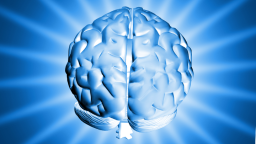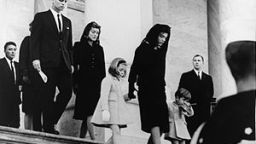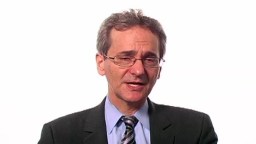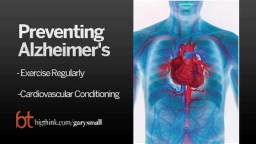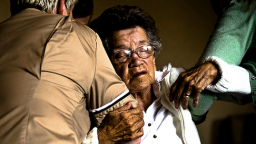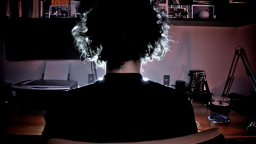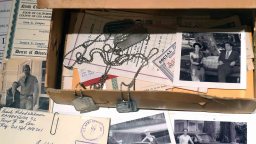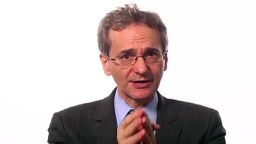Gary Small
Professor of Psychiatry and Aging, UCLA School of Medicine
Dr. Gary Small is a professor of psychiatry at the UCLA Semel Institute where he directs the Memory and Aging Research Center and the UCLA Center on Aging. Dr. Small invented the first brain scan that allows doctors to see the physical evidence of brain aging and Alzheimer’s disease in living people. He now leads a team of neuroscientists who are demonstrating that exposure to computer technology causes rapid and profound changes in brain neural circuitry. A leading experts on brain science, he has been named by Scientific American magazine as one of the world’s top innovators in science and technology.
Dr. Gary Small says in the future you will wear a headband that will read your thoughts, so when you think a thought it will be translated wirelessly.
Whether search engines like Google and Bing make you stupider or smarter is largely up to you, explains psychiatrist Gary Small during Big Think’s Farsight 2011 event.
▸
7 min
—
with
Why is it that we remember exactly where we were on 9/11 or the day Kennedy was assassinated, but very little of what happened on the days surrounding such events?
▸
2 min
—
with
In some fields, the worst type of encouragement may be to doggedly stick with projects until their completion.
▸
1 min
—
with
There are everyday steps you can take—from anti-inflammatory drugs to a Mediterranean diet—that can reduce your chances of developing the disease.
▸
2 min
—
with
Perhaps the biggest misconception about Alzheimer’s is that the disease is entirely genetically inherited and is hence unpreventable. As the UCLA psychiatrist explains, there are a variety of emerging methods […]
▸
4 min
—
with
The myriad centers for treating Internet and video game “addiction” opening up across Asia meet a legitimate, clinical need because a craving for technology acts upon the brain in the […]
▸
2 min
—
with
In an age of cell phones, PDAs, and computers, the intense mental stress of continually paying only partial attention may be decreasing our memory capacity.
▸
4 min
—
with
Like everything else in our body, memory, particularly short-term recall, performs worse with age; luckily the best way to stay sharp is also the most fun.
▸
2 min
—
with
There are three mental tricks we can employ to help us easily recall everything from the most vital information to where we put our keys. A UCLA psychiatrist and memory expert explains.
▸
2 min
—
with
A conversation with the professor of psychiatry and aging at the UCLA School of Medicine
▸
25 min
—
with
